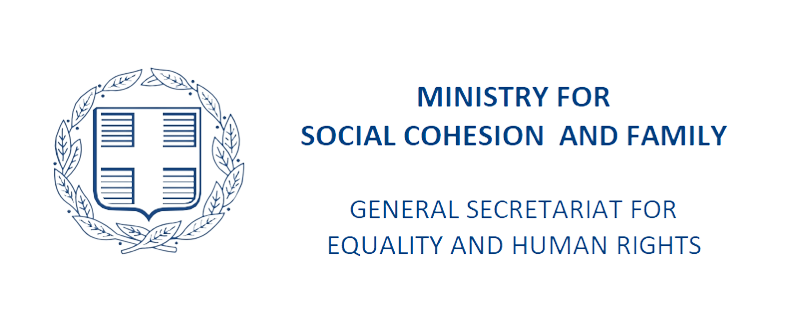Reshaping Cultural Policies – Gender equality: missing in action (UNESCO, December 2017)
Audrey Azoulay, Director-General of UNESCO, together with Annika Markovic, Ambassador and Permanent Delegate of Sweden to UNESCO, representing Alice Bah Kuhnke, the Swedish Minister for Culture and Democracy, launched on 14 December 2017 UNESCO’s new 2018 Global Report, Re| Shaping Cultural Policies.
This Report, published with the support of the Swedish Government, monitors how countries around the world are designing policies pursuant to the UNESCO Convention on the Protection and Promotion of the Diversity of Cultural Expressions (2005).
“Diversity remains a battle, in 2018 as in 2005. Culture is not a commodity: it carries values and identities, it gives markers to live together in a globalized world. Our role is to encourage, question, collect data, to understand and energize creative channels, to encourage the mobility of artists, to stimulate a rapidly changing sector in the new digital environment,” underlined Ms Azoulay, in opening a panel discussion with all assembled authors.
While acknowledging the increased integration of culture in national development plans and policies by governments around the world, especially the Global South, Ms Azoulay called for affirmative action to address a major funding gap in culture. “Despite the well-established importance of the creative economy as a driver of growth and employment, the share of development aid spent on culture is today at its lowest level in over a decade. In 2015, 0.22% of total Official Development Assistance (ODA) was spent on culture, in decrease of 45% compared to 2005”, she noted.
Ambassador Markovic welcomed the new Report, stating that it is “the only global document that presents an overview of cultural development world-wide and monitors state action to protect and promote the diversity of cultural expressions at all levels.”
Referring to some of the key messages in the Report – robust copyright systems as prerequisites for fair remuneration of authors and other rights holders, civil society participation in decision-making, support to women as artists and producers of cultural goods and services, Ambassador Markovic called for enhanced action on freedom of artistic expression. “Artistic voices are being silenced over the world. Censorship, imprisonment, threats or even killings are frequent. We need to cooperate internationally and join forces to strengthen and promote artistic freedom,” she urged.
More information on gender equality can be found on chapter 9: Gender equality – missing in action (pages 189-207).
Relevant link: http://unesdoc.unesco.org/images/0026/002605/260592e.pdf .




